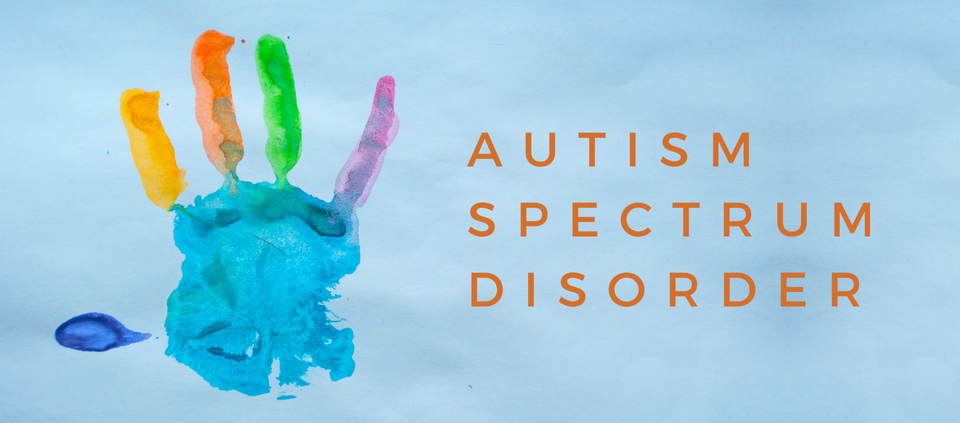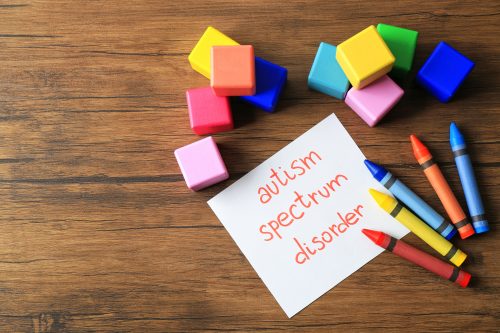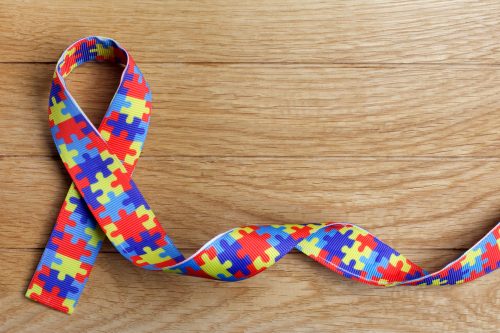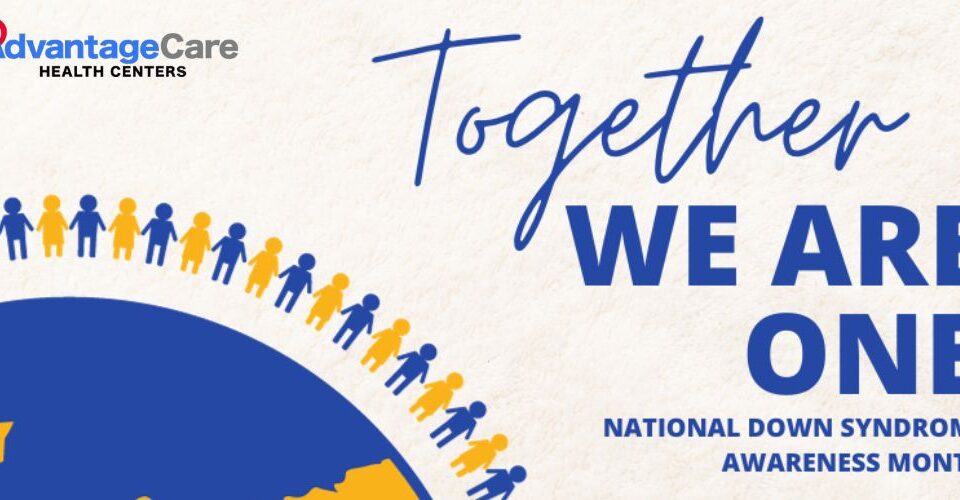
A Parent’s Guide for Routine Well Child Visits
June 21, 2018
Social Wellness is the Key to a Healthy Lifestyle
July 13, 2018
A Parent’s Guide for Routine Well Child Visits
June 21, 2018
Social Wellness is the Key to a Healthy Lifestyle
July 13, 2018
Did you know autism spectrum disorder (ASD) now affects 1 in 59 children in the United States? It can cause varying degrees of social deficits, language impairment and repetitive behaviors.
Since early intervention is key to treatment, the Fay J. Linder Center for Autism and Developmental Disabilities would like to help parents learn how to recognize the signs and symptoms of autism.
What is Autism Spectrum Disorder?
According to the National Institute of Mental Health, “Autism spectrum disorder (ASD) is a developmental disorder that affects communication and behavior. Although autism can be diagnosed at any age, it is said to be a ‘developmental disorder’ because symptoms generally appear in the first two years of life.”
The symptoms of autism, like communication difficulties, limited interests and repetitive behaviors, can hurt a person’s ability to function properly in school, work and other areas of life.
Due to wide variations in the type and severity of symptoms, autism is known as a “spectrum” disorder.
Autism is generally a lifelong disorder, but treatments and services can help improve an individual’s symptoms and their ability to function.

How to Recognize Autism
Children who have autism spectrum disorder may exhibit some but not necessarily all of these difficulties with socialization and restrictive/repetitive behaviors.
Social Skills
- Difficulty making friends
- Hard time approaching new people
- Reduced sharing of interests, emotions or affect
- Rarely showing enjoyment of objects or activities
- Failing to, or being slow to, respond to someone calling their name
- Difficulties with conversation
- Making facial expressions, movements and gestures that do not match what is being said
Restrictive/Repetitive Behaviors
- Repeating certain behaviors, such as words or phrases, or having unusual habits
- A lasting intense interest in specific topics, like numbers or facts
- Becoming upset by slight changes in a routine
- Being more or less sensitive than other people to sensory input, like light or noise
Risk Factors
Although a singular known cause of autism spectrum disorder has yet to be found, scientists have found several key risk factors.
- Having a sibling with ASD
- Older parents
- Genetic conditions, such as Down syndrome
- Very low birth weight
Diagnosing ASD
A diagnosis of autism can usually be reliably made by the age of two. Doctors are able to pinpoint the disorder by examining a child’s behavior and development. It is crucial that parents who recognize potential signs and symptoms of autism in their child ask for a professional assessment as soon as possible. The earlier a diagnosis is made, the earlier treatment can begin.

The American Academy of Pediatrics recommends that all children be screened for autism at their 18- and 24-month well child visits. Contact the Fay J. Linder Center for Autism & Developmental Disabilities today to sign your child up for an evaluation.





